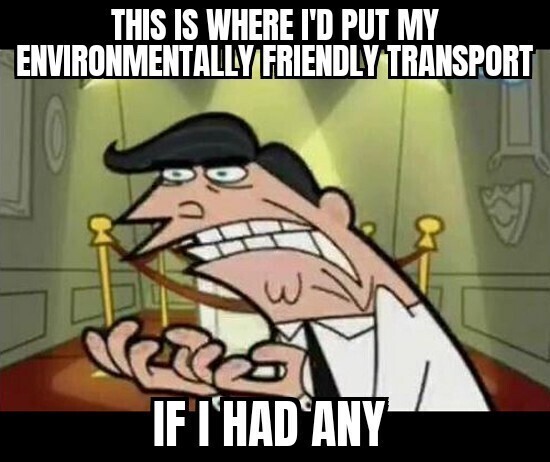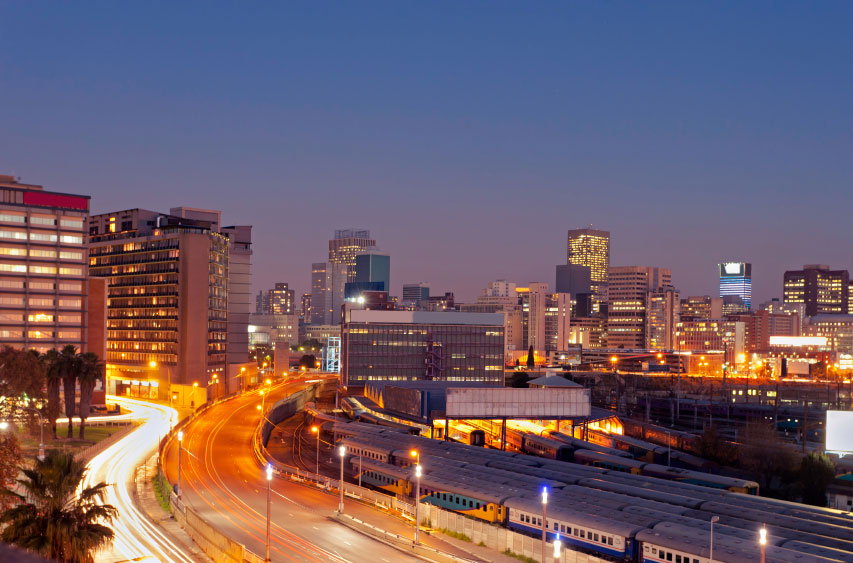Yes, you read that right. The Department of Transport is looking to introduce even more rules and regulations. The department says that it hopes to encourage more environmentally friendly road use with the changes. This would be a great idea… if SA’s public transport wasn’t as terrible as it is.
The proposed changes come from a revised white paper that the Department released earlier this week.
Here are the proposals the department is considering:
- Higher licence fees
- Stricter parking policies
- Road pricing or area licensing
- Access restrictions for private cars
If South Africa was a first-world country, this wouldn’t be a big deal. In the UK, residents are often expected to pay more for visiting busier areas like London, or for driving petrol cars. The problem is, that South Africa is not a first-world country. Heck, we’re barely a third-world country at this point. Still, SA’s government is pressing on.
The transport…er?

“Little consideration is currently given to environmentally sustainable transport practices within transport policy. South Africa, in line with the developed world, will have to adapt its economic growth policies to the requirements of environmentally sustainable development,” the department said. In other words, more public transportation is needed.
An entire change in how South Africans move around is needed to make this work. And that’s good, at least in theory. Designing new transportation systems to avoid or reduce travel demand will alleviate congestion and pollution. Modes of transport that move loads of people at once are always better than one person to a car, as far as the environment goes. The development of new areas that cut down on travel, another suggestion from the department, might also help.
But the Department of Transport bases its interesting ideas on how they function in Europe, an area that has close to a century of functional public transportation. Implementing road limits, new taxes, and parking fees in a country like South Africa… probably won’t see the problem fixed. Once it’s just as efficient to take a bus, tram, or train to work as it is to drive or hop in a taxi, though… that might have a chance of working out.
Source: BusinessTech




